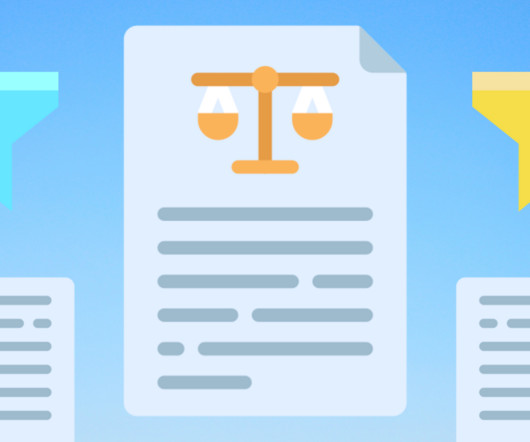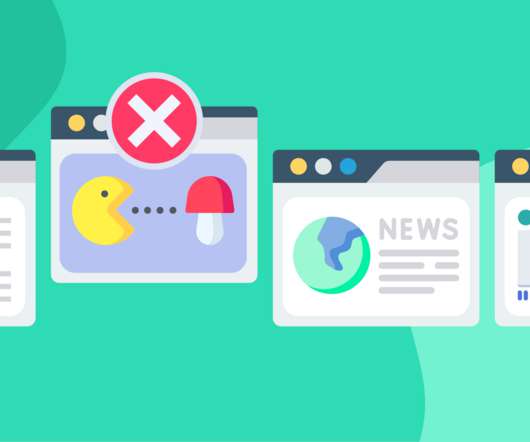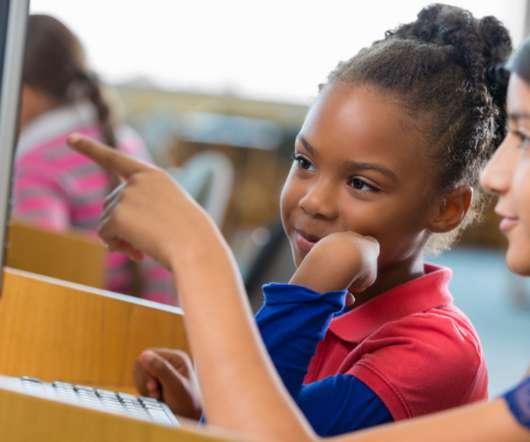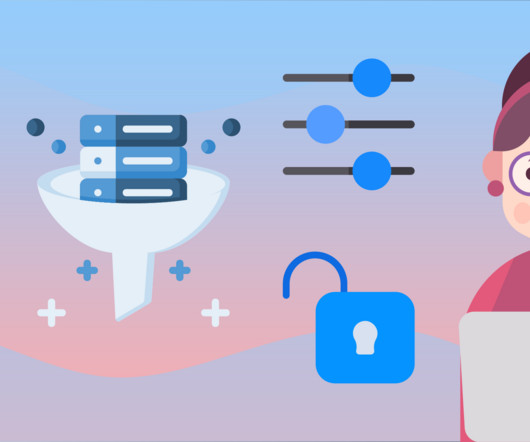K-12 Districts Keep Students Safe with Web Filters and Monitors
EdTech Magazine
JUNE 25, 2019
“Anything they do on the internet is recorded: the videos that they’re watching, their queries on Google or Bing, the sites they tried to see but couldn’t because they were stopped,” he says. As the technology director at Harpeth Hall, Justin Dover works to provide a layer of safety for students’ internet access.




















Let's personalize your content